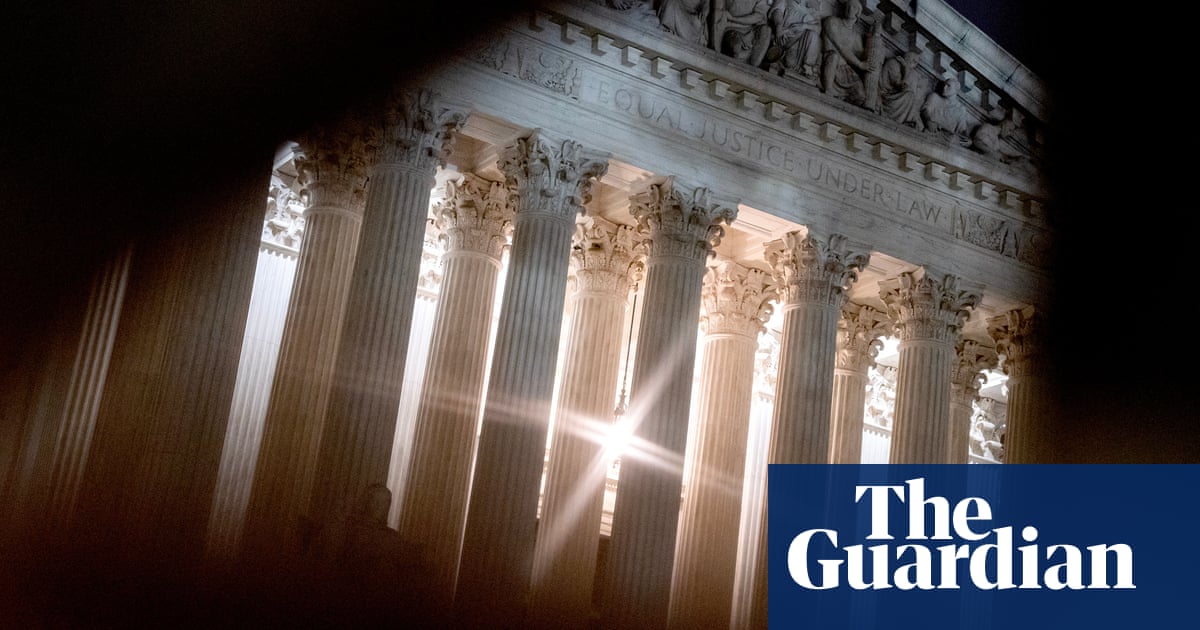TheUS supreme courthas sided with a Catholic charity group in a case that tested whether the charity and other religious groups should be exempt from unemployment taxes.
In Catholic Charities Bureau Inc v Wisconsin Labor & Industry Review Commission, Catholic Charities argued it should not be required to pay unemployment taxes because it is a religious organization.
The unanimous ruling from the nine-member bench on Thursday overturned a lower court’s decision that had rejected the tax exemption bid by the Catholic Charities Bureau – a non-profit corporation operating as the social ministry arm of the Catholic diocese in the city of Superior – and four entities that the bureau oversees.
Wisconsin, like other states, requires employers to pay into its unemployment system, though religious organizations are exempt. But, a state commission decided and the state supreme court then confirmed, Catholic Charities was not doing “distinctively religious” activities; it helps people with housing and job training, though its mission is religious.
Catholic Charities has argued this violates the first amendment’s freedom of religion protections. The organization should not need to engage in specific practices, like worship or proselytizing, to meet the standard for an exemption, it said. The justices, on the whole, had seemed to side with this idea during oral arguments at the end of March.
“I thought it was pretty fundamental that we don’t treat some religions better than other religions. And we certainly don’t do it based on the content of the religious doctrine that those religions preach,” liberal justice Elena Kagan said during the March arguments.
The case served as another test of the current court’s views on religion in governance. The court, led by conservatives, has been weighing in on test cases that explore the boundaries of the separation of church and state. A recent ruling on the potential first religious charter school in the country concluded the school could not open as a public charter because the decision was tied, four votes to four, with Justice Amy Coney Barrett recusing herself because of a connection to the case.
“The First Amendment mandates government neutrality between religions and subjects any state-sponsored denominational preference to strict scrutiny,” liberal-leaning justice Sonia Sotomayor wrote for the court on Thursday morning.
The Wisconsin court’s decision “imposed a denominational preference by differentiating between religions based on theological lines”, Sotomayor added.
The federal government and all states exempt certain religious entities from having to pay into unemployment insurance programs. Most of these laws, including Wisconsin’s, require that organizations be “operated primarily for religious purposes” to be eligible for a religious exemption.
The Wisconsin supreme court in 2024 rejected the tax exemption bid by Catholic Charities Bureau and its subsidiaries.
Reuters contributed reporting
